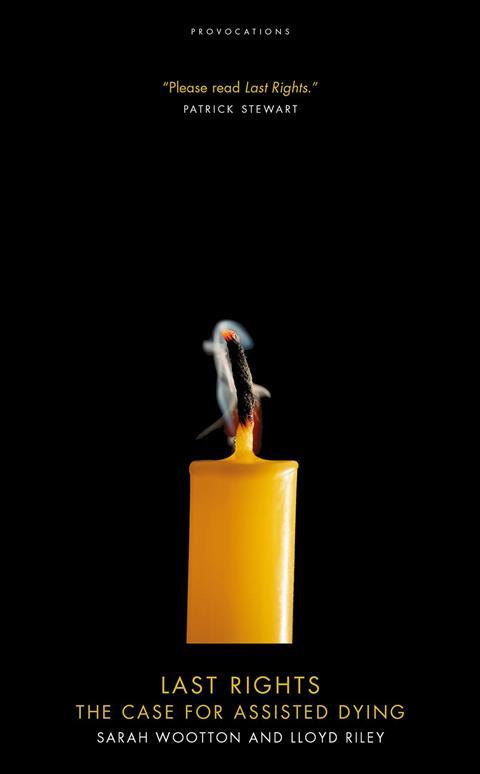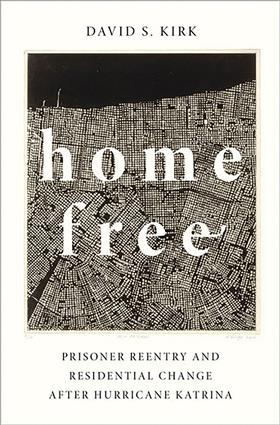Last Rights: The Case for Assisted Dying
Sarah Wootton and Lloyd Riley
£10, Biteback Publishing
★★★✩✩
The start of the coronavirus lockdown led to a flurry of people making wills and wanting advice about powers of attorney. Sadly, since then there have been more disputes about wills.

What advice should the profession give to someone about putting their affairs in order? Discussions about powers of attorney usually involved who would make decisions for you. Should that advice extend to the manner of the person’s death?
But how to die well is not something people want to think about. The premise of this short and informative book is that the coronavirus epidemic has forced everyone to confront their mortality, and that the law is seriously unjust when it comes to end-of-life decisions.
The book’s argument that there is a very strong case for legally sanctioned, assisted dying has support. People should die with dignity on their own terms, but the current law is unfair, if not abusive. The authors compare the case for reform with campaigns for equal rights and universal suffrage. Resistance to change, it argues, can be seen as paternalism.
There is certainly a case for parliament actively to consider these arguments. Many other jurisdictions have changed the law in a way that the authors would like.
The book argues for a process of judicial approval for ending a person’s life. A High Court judge would ensure a person’s request to die was made without undue pressure or coercion and, if approved, a doctor would prescribe a fatal dose of chemicals to be taken under medical supervision. The book could have contained more detail on that proposal. It could also have examined the contrary arguments. Why, for example, do most palliative care specialists oppose assisted dying?
I am reminded of the 19th century poem The Latest Decalogue:
Thou shalt not kill; but needst not strive
Officiously to keep alive.
These are issues that lawyers need to be involved in. After all, we advise people, even in extremis.
David Pickup is a partner at Pickup & Scott Solicitors, Aylesbury
Home Free: Prisoner Reentry and Residential Change after Hurricane Katrina

David S. Kirk
£22.99, OUP
More than 625,000 people are released from US prisons each year. Half will return within just three years. David S. Kirk uses Hurricane Katrina as a natural experiment to examine whether residential relocation away from an old neighbourhood can lead to desistance from crime.































No comments yet